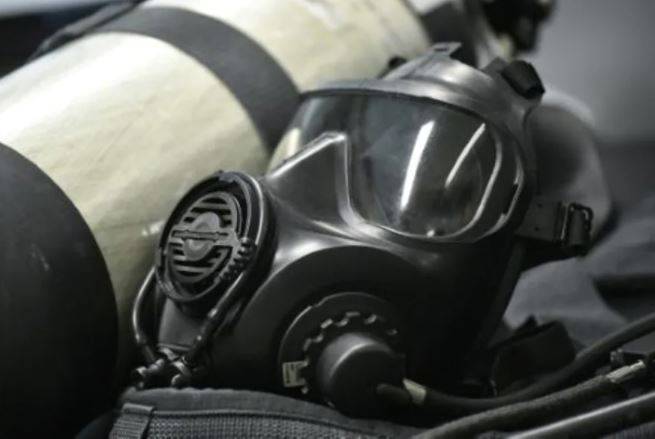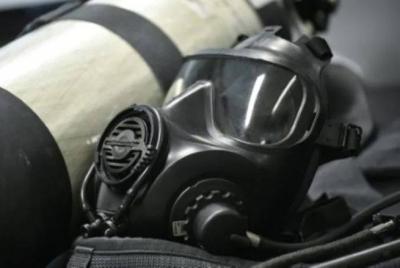Western countries demanded on Monday that Syria allow inspectors from the Organization for the Prohibition of Chemical Weapons (OPCW) to enter its territory, considering that Damascus continues to violate its commitments to this body. Syria is under new pressure from the OPCW after it denied a visa to a member of an inspection team that was supposed to be deployed in Damascus later this month.
During a meeting in The Hague of the executive council of OPCW member states, British Ambassador Joanna Roper emphasized the "necessity for Syria to issue visas without obstruction or delay." Roper called on Syria to disclose the fate of two chlorine gas cylinders deemed evidence of a chemical attack on the town of Douma in 2018. Recently, Damascus informed the OPCW that the cylinders were destroyed in an unspecified attack on one of its chemical weapons facilities in June of this year.
More than 40 people were killed in the attack on Douma, leading Western countries to launch missile strikes targeting three facilities suspected of being chemical weapons sites belonging to the regime of Syrian President Bashar al-Assad. The director-general of the organization, Fernando Arias, expressed concern about the delay in talks with Damascus, stating that the body would not send an inspection team to Syria unless it received visas for all members. Arias stressed that Syria’s announcement regarding its remaining chemical weapons "cannot be considered accurate and complete" due to what he described as "gaps, inconsistencies, and contradictions that remain unresolved."
Moscow denies having used chemical weapons and insists that it handed over its stockpiles of weaponry under an agreement in 2013, following an attack suspected to have been carried out with sarin gas that resulted in the deaths of 1,400 people in the Ghouta region of Damascus. Additionally, Britain, the United States, and other allies demanded that Russia clarify the circumstances surrounding the poisoning of opposition leader Alexei Navalny last year, using the nerve agent Novichok, according to Western experts. Moscow denies involvement in the poisoning of the Kremlin's most prominent opponent last year. U.S. Ambassador Joseph Mansour stated, "The Russian Federation must explain the circumstances of using a chemical weapon against Navalny on its territory and disclose its remaining chemical weapons... including Novichok agents."




